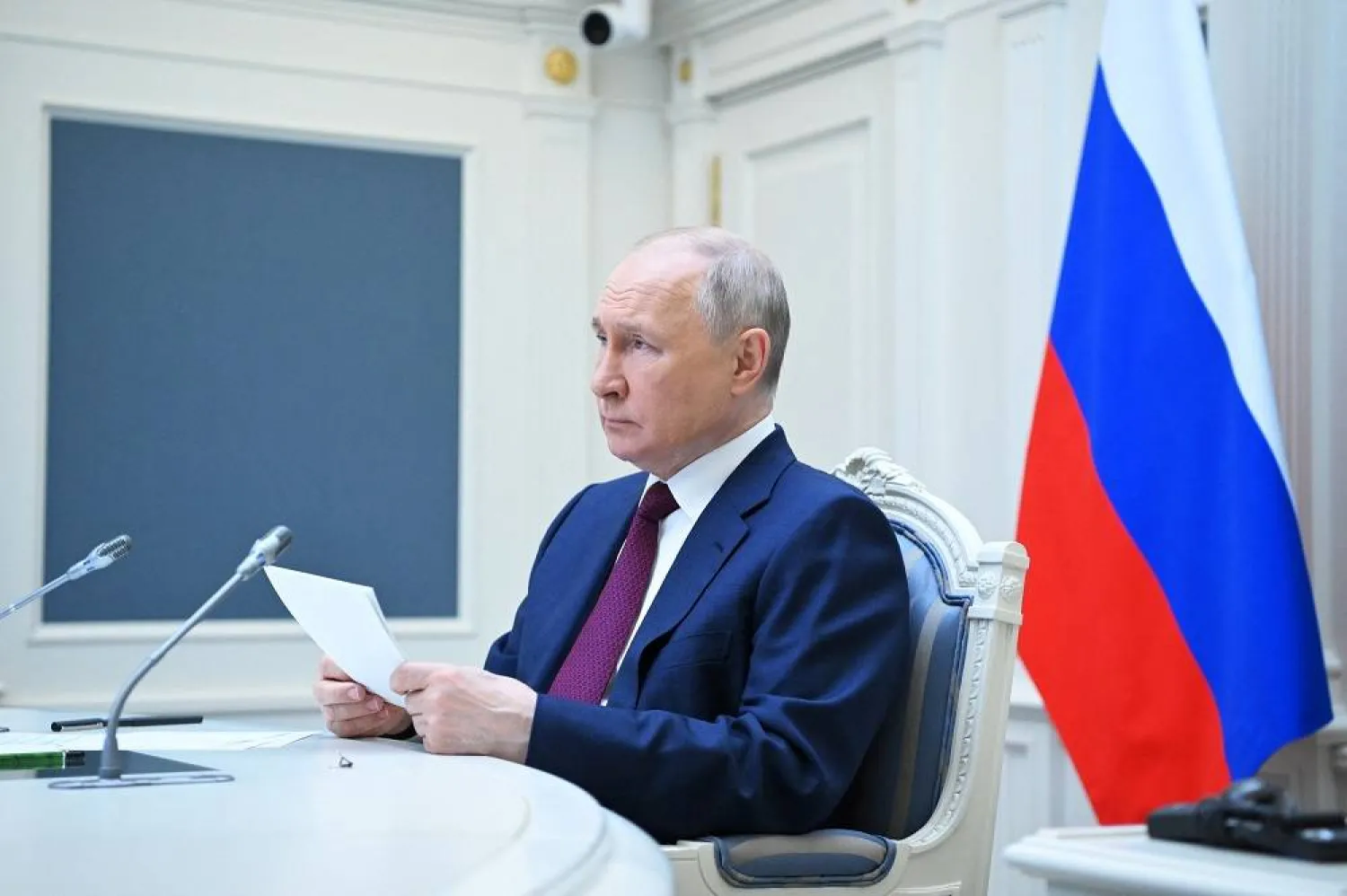China's Xi Jinping urged the leaders of Russia, Iran and other Shanghai alliance states on Tuesday to boost ties and resist sanctions, as Vladimir Putin thanked the bloc for support during a failed rebellion.
China and Russia have in recent years ramped up economic cooperation and diplomatic contacts, with their strategic partnership having only grown closer since Moscow's invasion of Ukraine last year.
The Shanghai Cooperation Organization -- which on Tuesday welcomed Iran as its ninth member -- encompasses a vast stretch of the globe from Moscow to Beijing and includes around half the world's population when observer and "dialogue partner" nations are included.
During the virtual meeting, Xi "called for efforts to safeguard regional peace and ensure common security", state news agency Xinhua said, adding that he urged SCO member states to "enhance their solidarity".
While China says it is a neutral party to the Ukraine conflict, it has been criticized by Western nations for refusing to condemn Moscow's offensive.
Putin, speaking via video link at the meeting, his first summit since a short-lived mutiny last month by Wagner mercenary group chief Yevgeny Prigozhin, thanked the Beijing-headquartered SCO for its support.
"Russia is confidently resisting and will continue to resist external pressure, sanctions and provocations," Putin said.
"I would like to thank my colleagues from the SCO countries who expressed support for the actions of the Russian leadership to protect the constitutional order and the life and security of citizens," he added.
Iran joins, Belarus next
Iran joined as a full member of the grouping on Tuesday, with Tehran having intensified its diplomacy in recent months, seeking to reduce its isolation, improve its economy and project strength.
Tehran's membership will support "collective security... expanding ties and communications (and) strengthening unity", Iranian President Ebrahim Raisi said.
Alongside summit host India, other full members are Kazakhstan, Kyrgyzstan, Pakistan, Tajikistan and Uzbekistan.
Russian ally Belarus, which holds observer status, was also told it would become a member at the next SCO summit.
On Tuesday, China's Xi warned against "color revolutions" and a "new Cold War", according to a state media readout of his speech to the SCO summit.
"We must be highly vigilant against external forces fomenting a 'new Cold War' and creating confrontation in the region, and resolutely oppose any country interfering in internal affairs and staging a 'color revolution' for any reason," he said.
Afghanistan concerns
During the summit, the leaders of rivals India and Pakistan said Afghanistan remained a key concern.
India's Prime Minister Narendra Modi warned of the risk Afghanistan was a base to "spread instability", while his Pakistani counterpart Shehbaz Sharif called for an "urgent reset" in international engagement with Afghanistan's Taliban rulers.
India, which also hosts the G20 summit in September, is walking a diplomatic tightrope.
Uniquely, it is a member of both the Shanghai Cooperation Organization and the Quad, set up with the United States, Japan and Australia to counter Beijing's growing assertiveness.
Modi was last month hosted in Washington with the full pomp of a state visit, where US President Joe Biden spoke of "two great friends and two great powers".
At the same time, Moscow remains by far India's biggest arms supplier -- they have been allies for decades -- and New Delhi has been an enthusiastic buyer of cut-price Russian oil during the war in Ukraine.









